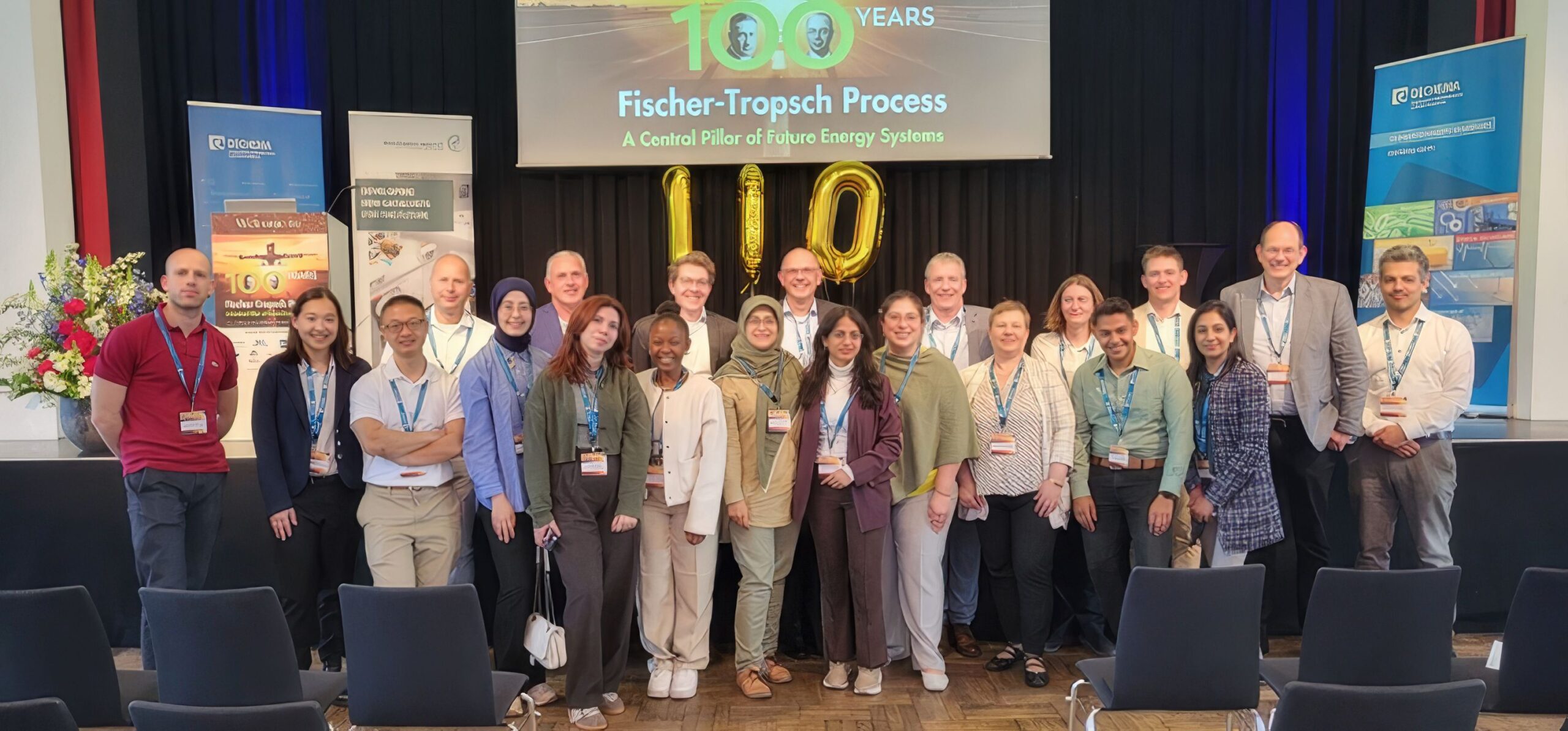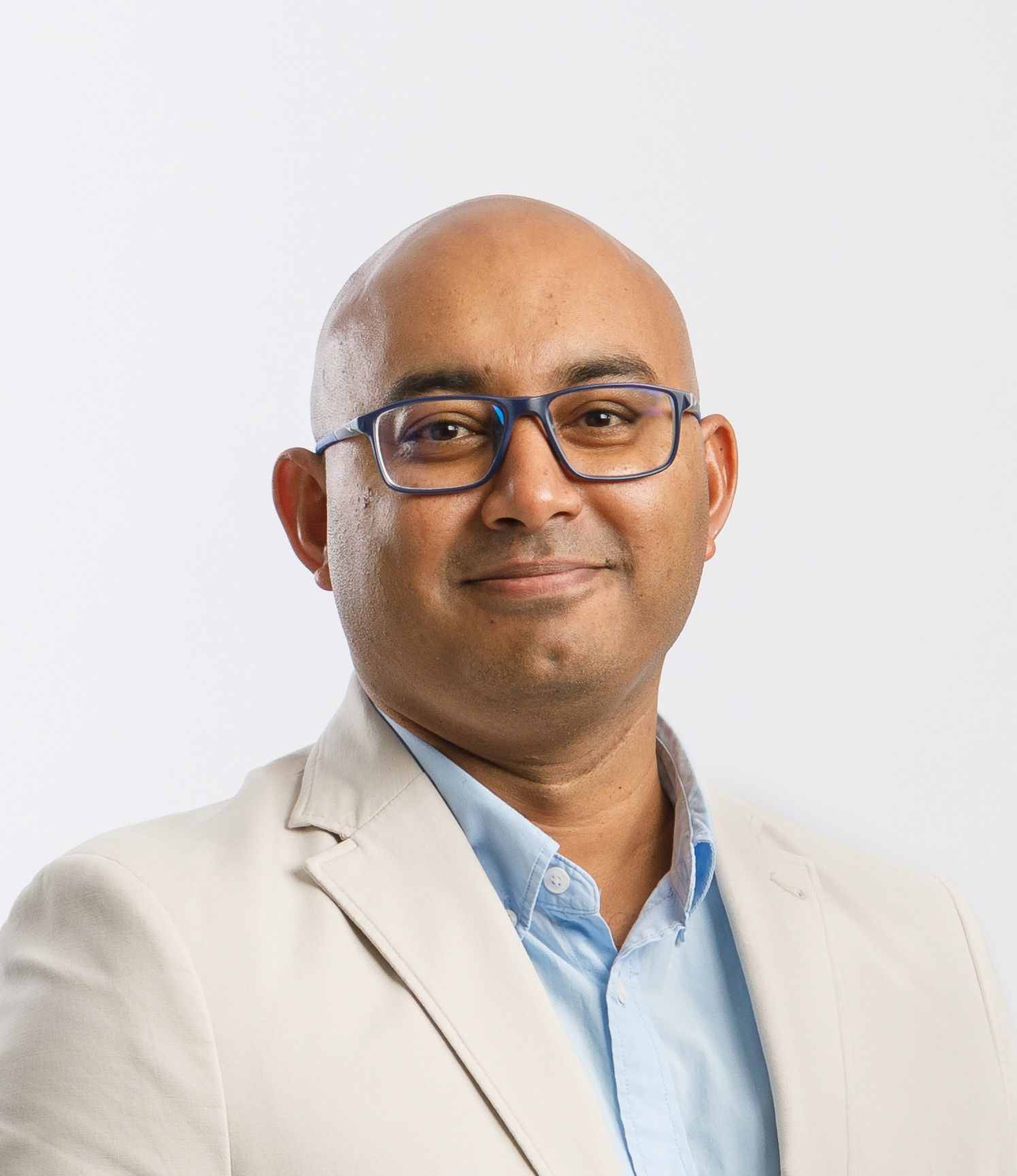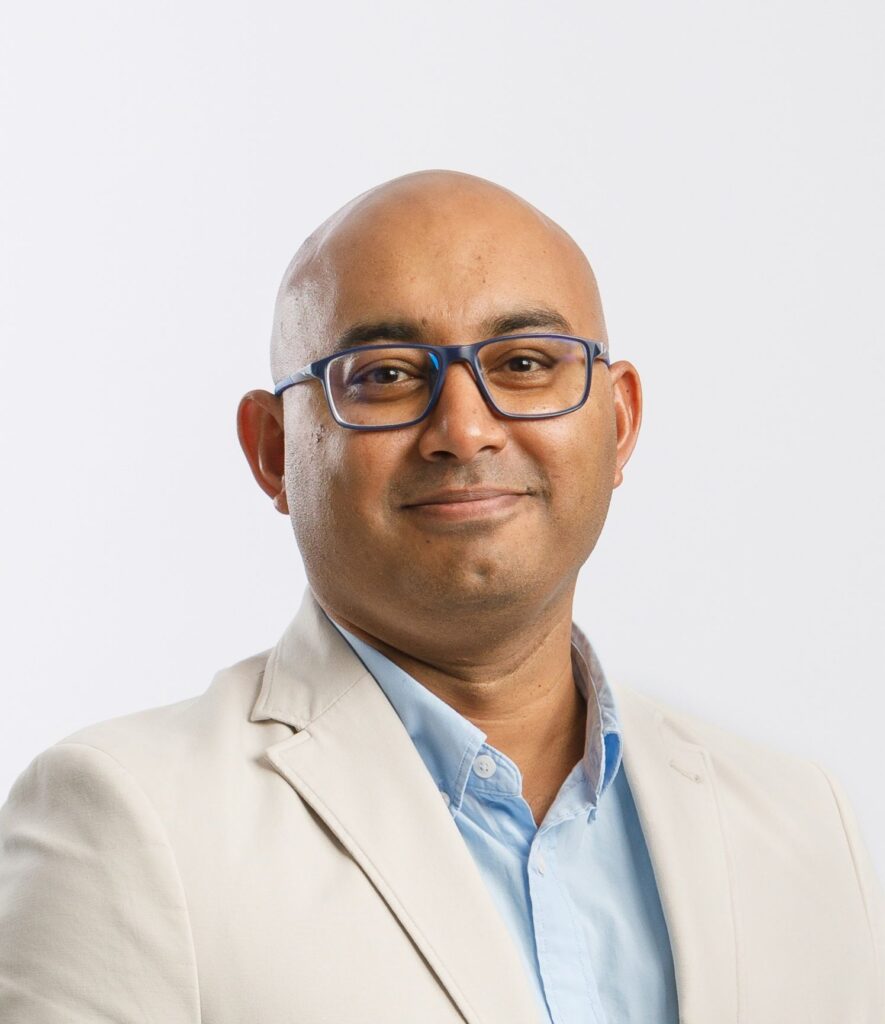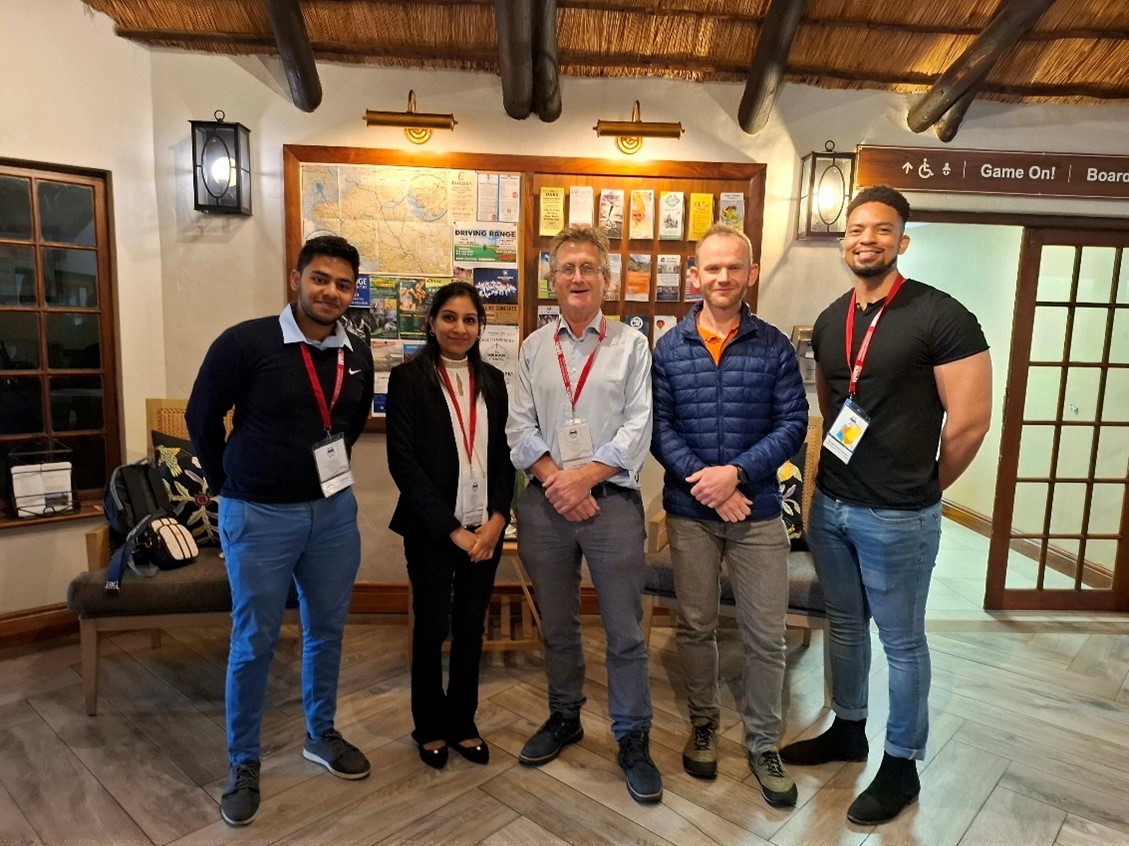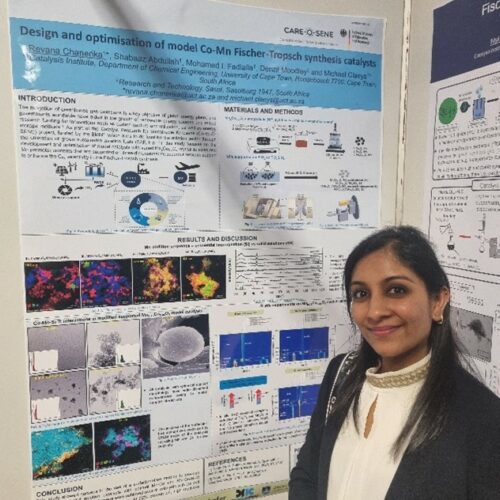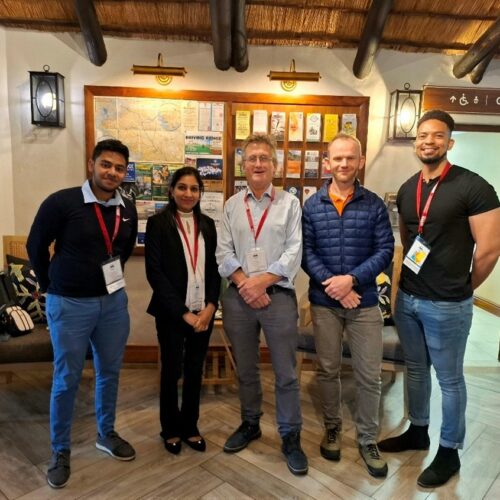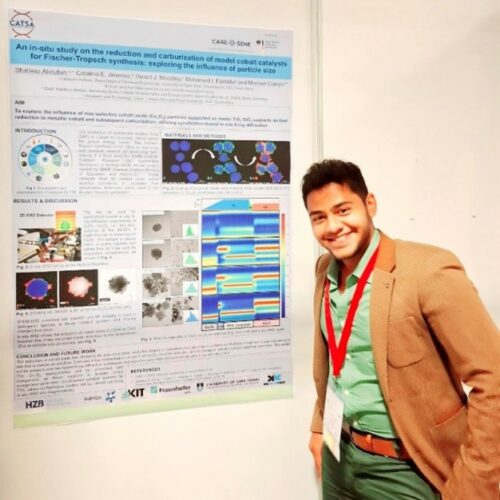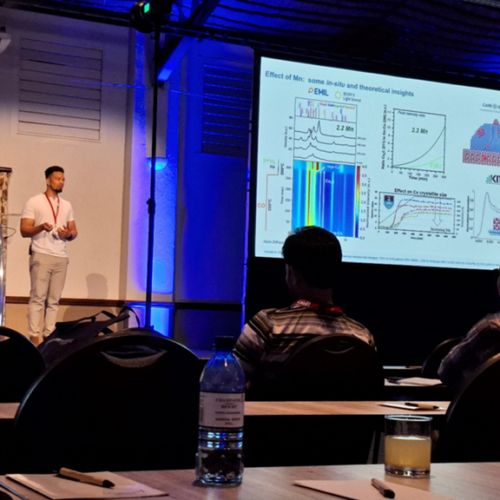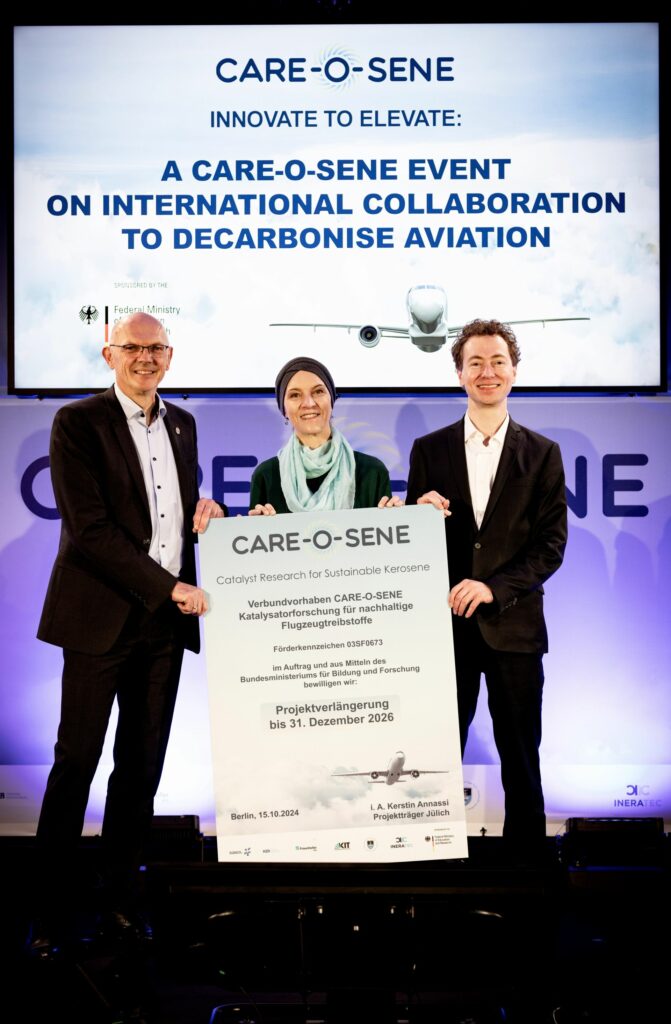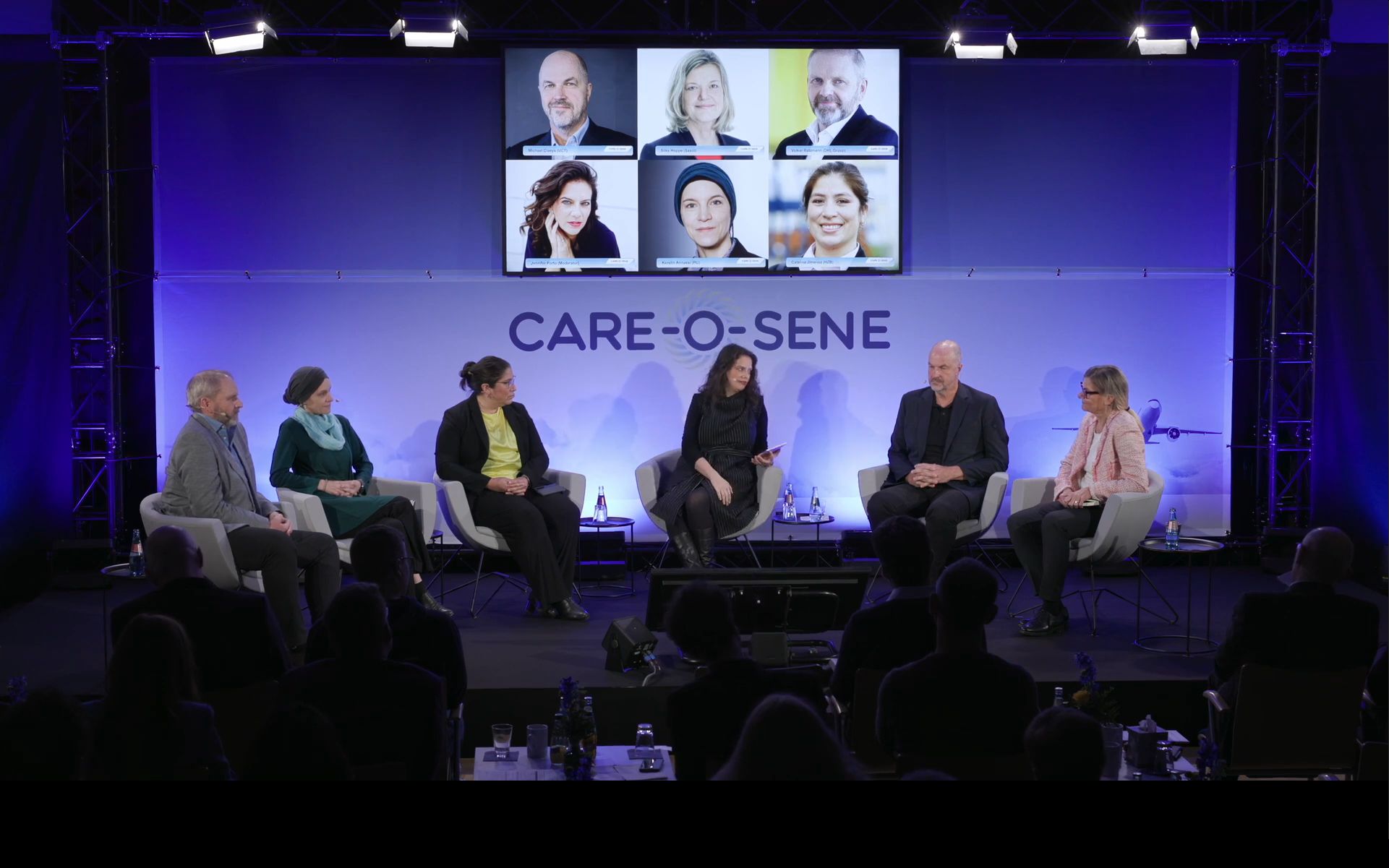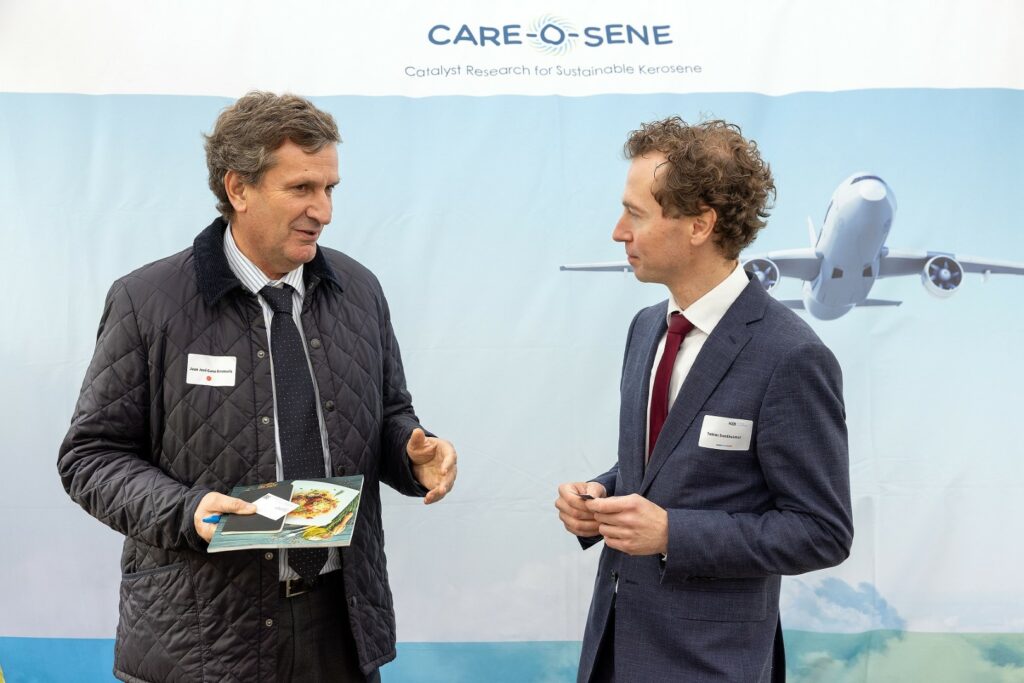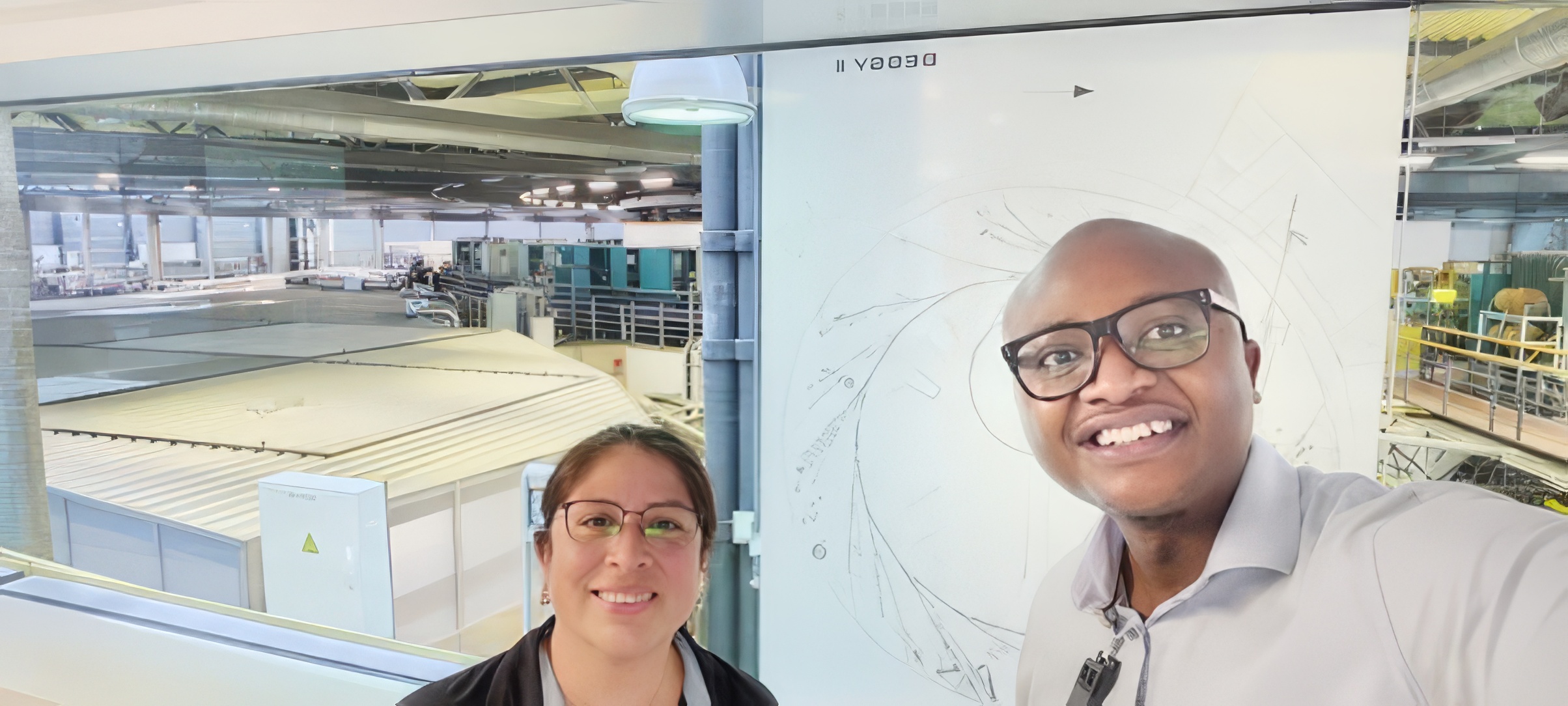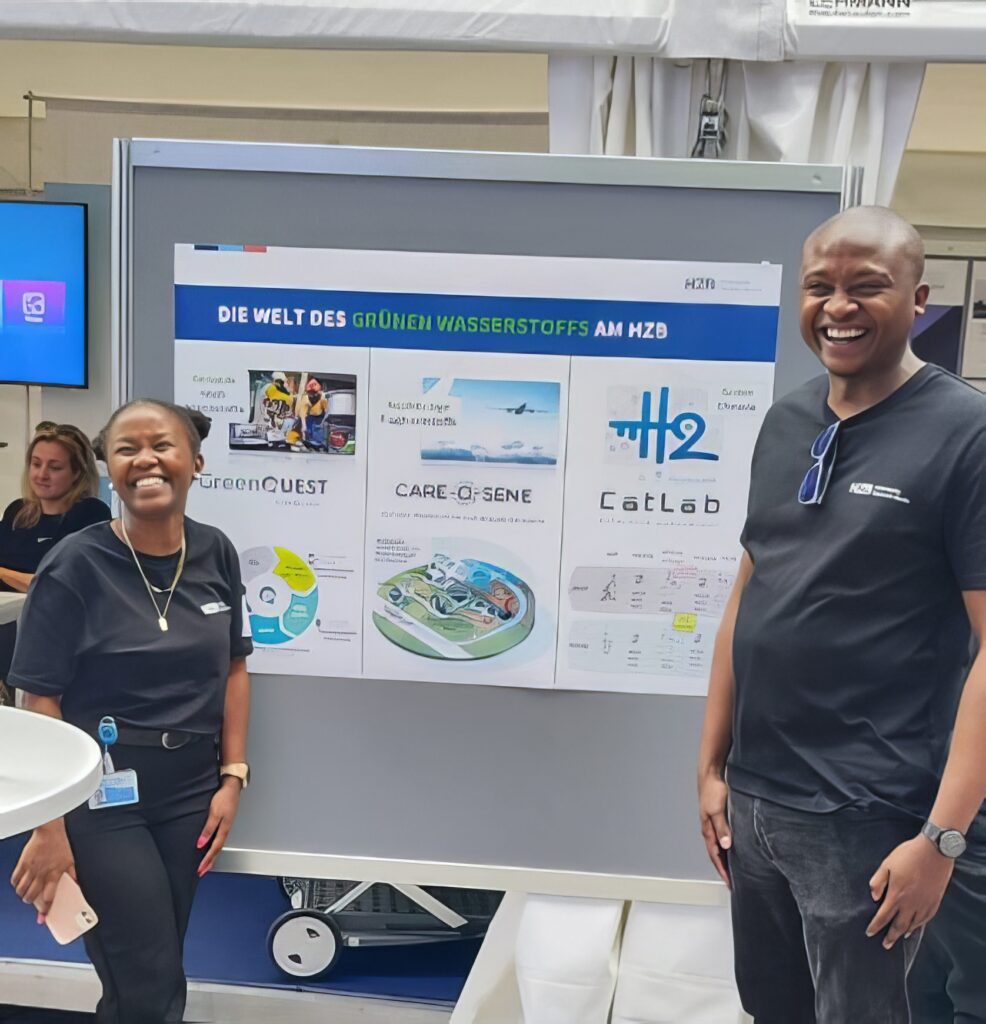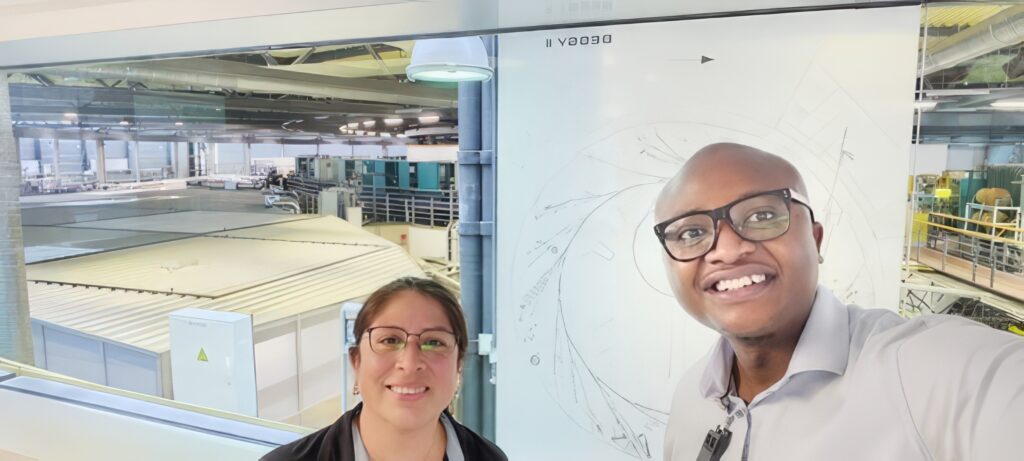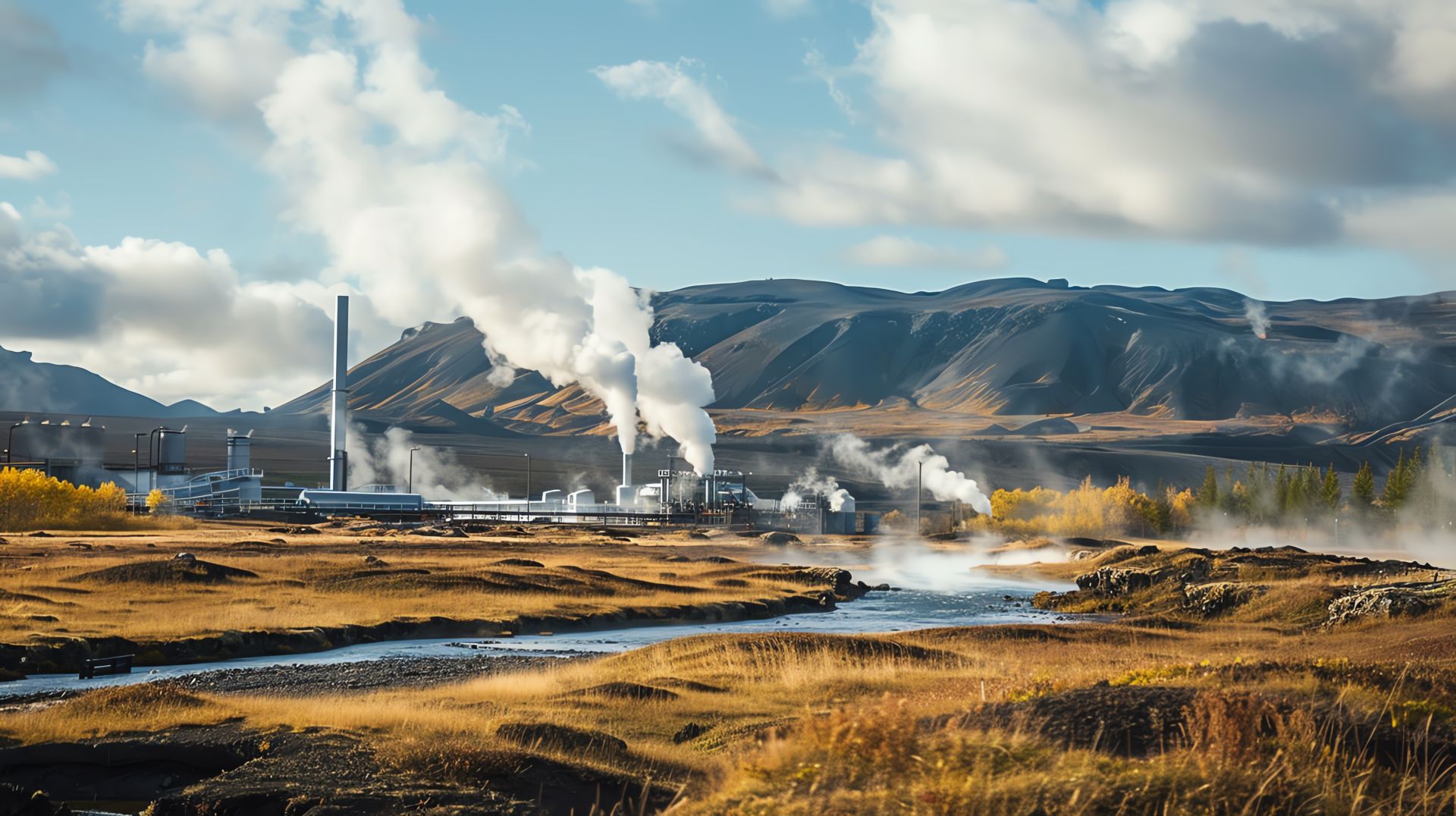CARE-O-SENE at 100 Years of Fischer-Tropsch: Showcasing Innovation and Collaboration
The CARE-O-SENE consortium took part in the 100 Years of Fischer-Tropsch conference in Mülheim, celebrating a century of a catalytic process that remains vital for sustainable fuel and chemical production. With four invited talks and a strong presence in the poster sessions, CARE-O-SENE showcased its broad expertise in Fischer-Tropsch synthesis and catalyst innovation.
The project’s presentations reflected both scientific depth and technological diversity. In In the opening keynote talk, Denzil Moodley (Sasol) provided a historical, state of the art and future perspective on commercial FT development. An important insight was the key role of Industry-Academia collaboration for developing fundamental understanding of catalysts, which is exemplified by CARE-O-SENE. Jan-Dierk Grunwaldt (KIT) presented insights into operando techniques for observing catalysts in action, while Paul Heinzmann (KIT) presented the PtL techno-economic analysis, Tianli Zhong (HZB) reported on novel thin-film model systems, and Peter Pfeifer (INERATEC) highlighted progress on modular reactor concepts and their commercialisation.
As Denzil Moodley put it: “This conference brought together global experts in Fischer-Tropsch technology and resulted in new connections and sparked new ideas. We expect that Fischer-Tropsch is going to play a key role in future energy systems.”
In the poster sessions, the CARE-O-SENE team — particularly early-career researchers — contributed more than 10% of all displayed research. Most posters focused on the fundamental structure–performance relationships in FT catalysis, a key pillar of the project. This strong visibility underlines CARE-O-SENE’s commitment not only to catalyst innovation, but also to fostering research exchange and creating opportunities for young scientists to link academic insight with industrial application.
